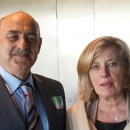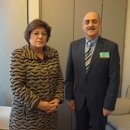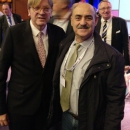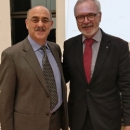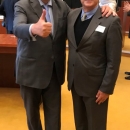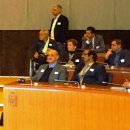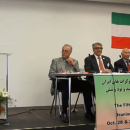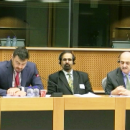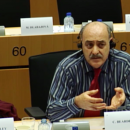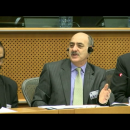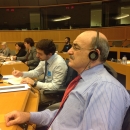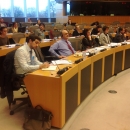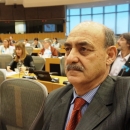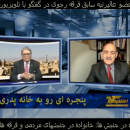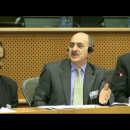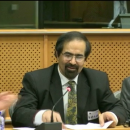Wednesday’s scheduled congressional hearing on “ISIS: Defining the Enemy” is rapidly shrinking in size. Two key witnesses are refusing to attend due to the invitation to testify that Ted Poe (R-TX), the chairman of the House Foreign Affairs Subcommittee on Terrorism, extended to Maryam Rajavi, leader of the Mujahedeen-e-Khalq (MEK).
Former U.S. Ambassador to Syria Robert Ford and former State Department counterterrorism director Daniel Benjamin have both said that they won’t appear for the hearing after learning that Rajavi would also be a witness on the same panel. She is scheduled to participate via videoconference from Paris, the headquarters the National Council of Resistance of Iran (NCRI), a MEK front.
MEK, which the State Department removed from terrorism list in 2012 following a lengthy and expensive lobbying campaign, is believed to have been responsible for the killing of six Americans in Iran between 1973 and 1976.
The group, which went into exile after losing a violent power struggle in the early years of the Islamic Republic, aligned itself with Saddam Hussein during the Iran-Iraq war and, despite claims to being Iran’s viable democratic government in exile, is widely believed to have little or no grassroots support in Iran. The group has long faced criticism from Iran specialists and rights groups such as Human Rights Watch that it has devolved into a cult based on devotion to Maryam and her long-missing husband, Massoud Rajavi. According to numerous accounts, the group exerts a high degree of control over its followers, going so far as to mandate divorces and celibacy for their soldiers.
But, as Ali Gharib and I documented in February, MEK’s influence in Washington, particularly with Iran hawks, has coincided with a flow of money from the group to American politicians, in particular, to embattled Sen. Robert Menendez (D-NJ) who is currently under indictment on unrelated federal corruption charges.


